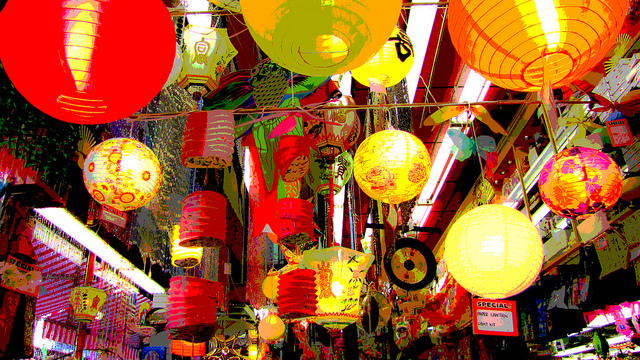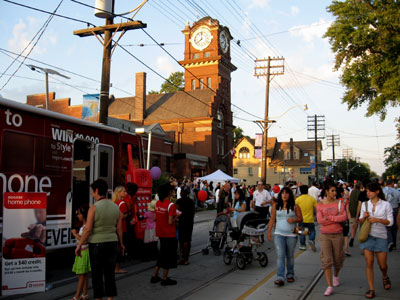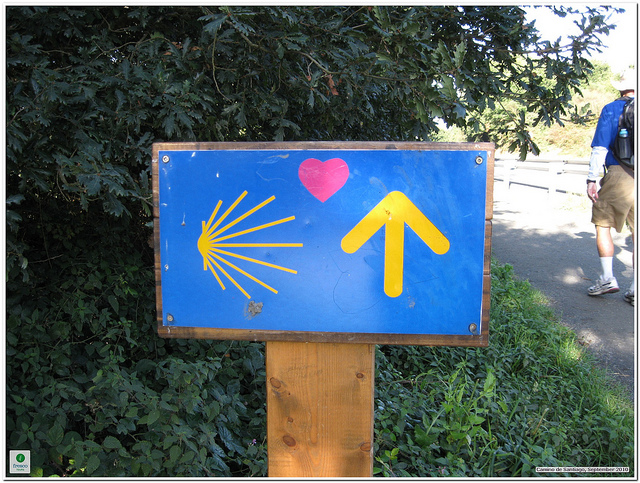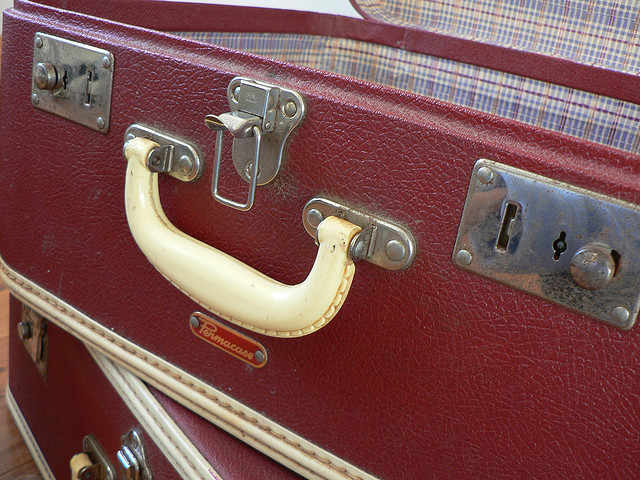Cross-cultural connections and understanding foreign cultures has been a fascination and ambition for me for a long time. In my full-time business, Textronics Communications, a full-service language and translation service business, I have a chance to work with specialists who are located in all corners of the world. Some of these international individuals are located with me right here on site, and help me run the business. Naturally, I like to explore my colleagues’ experiences in their home country and get a better understanding of the culture that they come from.
China, due to its size and economic success, is one of the powerhouses of the world economy, and people are starting to take more interest in this exotic country that is so unknown and foreign to many of us. I thought I’d have a conversation with Clare to learn a bit more about this fascinating country.
Clare Wang has been working with me now for more than a year and a half. She was brought up in Beijing, China’s capital, in a middle-class family. Her father is an architect, and her mother is an accountant. She has a B.A. degree in English from the Beijing Institute of Technology and worked for Legend Computer systems, the world’s third largest computer manufacturer, now under the name of Lenovo. She was part of the marketing team of FM 365, Legend’s online platform, working with clients such as Intel, Microsoft, McKinsey, China TeleCom, etc, which really opened her eyes. Clare also worked for a magazine called MetroZone, a bilingual monthly publication. While there she started a brand new career as a writer and editor. The most exciting interview she ever had was with the heavy-weight champion Evander Hollyfield when he visited Beijing in July, 2001.
In September of 2001 Clare made a very important decision to move to Canada where she and her husband set up their first home in Toronto. Clare worked with me full-time at Textronics as a Customer Service Specialist, and much to our chagrin, we lost a fabulous team member when her husband got offered a job in Victoria, BC, earlier this year and Clare moved out to the west coast.
However, Clare and I still continue to work together on special projects, and Clare now also works as assistant to the Associate Dean, at Royal Roads, University where she helps out the Dean and provides assistance to the university’s international students. It’s another arena where Clare uses her cross-cultural skills.
Here are some of Clare’s unique insights into the country and culture of China:
1. Please tell us about travelling in China and some of the communications crunches that foreigners encounter in China.
Dell Computer’s Founder and CEO Michael Dell spoke at Columbia University recently. While answering the question, “How can we be as successful as you?”
“Leave this school right now and go to China”, said Michael Dell.
With a total surface area of 9,627,343 square kilometers, China occupies by far the major part of the mainland of eastern Asia. A country the size of Europe or ten Japans has entered the world market.
No place in the world has seen changes like China. Ancient China covers 11,000 years of history. Even twenty-five years ago, “Communist China” remained a mystery for many westerners. And now the increasing prevalence of “Made in China” labels signals greater economic growth of China with incredible growing rates often top 9 percent a year.
Not to mention the Chinese cultural relics such as Great Wall, Forbidden City, Qin Terracotta Warriors, etc. are getting known and recognized by the western world, just like Jackie Chan’s Kung Fu movies. With Borders being open, Beijing International Airport is always teeming with foreigners looking for adventures in the mysterious oriental land. Among them there are investors, specialists, students, travelers and those that are curious about the history, culture, people, economy and politics of the “Pearl Shining in the East”.
Away from their home town, there is the sheer joy of exploring such a vast and ancient land. However, when traveling in a foreign country such as China, bear in mind that your trip could involve various elements of stress: it could be the weather, traffic, food, lodging, or cultural barriers.
The first thing that strikes western visitors is often the extraordinary density of population in China, home to more than a billion people! It is also incredible that the Chinese have built amazing modern cities. It is just so different from the filthy sprawling tiny place most foreigners thought before they actually came to China. And not many have ever seen elsewhere the mammoth expressways that circle the city, some of them ten lanes wide and full of traffic that seemingly never ends.
A foreigner can also go desperate for Chinese food, but can’t be served because he has a problem to either read the menu, or find someone to interpret for him. Due to the all-too-common linguistic hurdles faced by both sides, a virtual barrier is lying between the foreigners and the locals. Although for years English has been adopted as one of the compulsory education subjects in China, most westerners find the average English level of the Chinese people still not sufficient to communicate.
How about the other way around? As old as classical Latin, the Chinese language is one of the most difficult languages to learn as a second language. Once in a while, I’ve heard foreigners saying “nihao” (“hello” in Mandarin) and “syeah syeah” (“Thanks”), but very few of them could move further than that.




